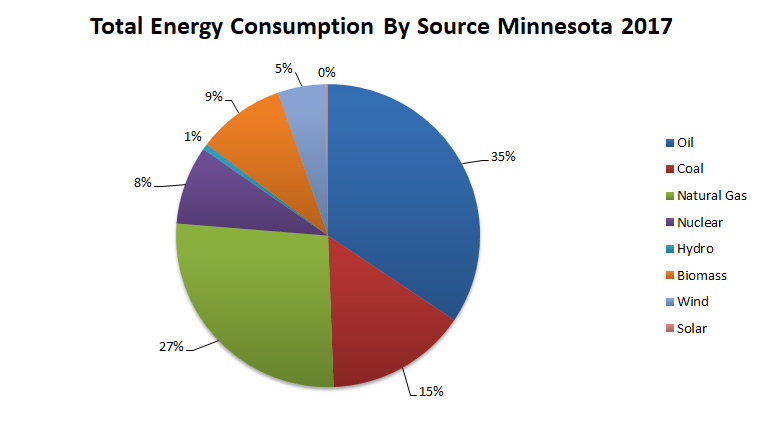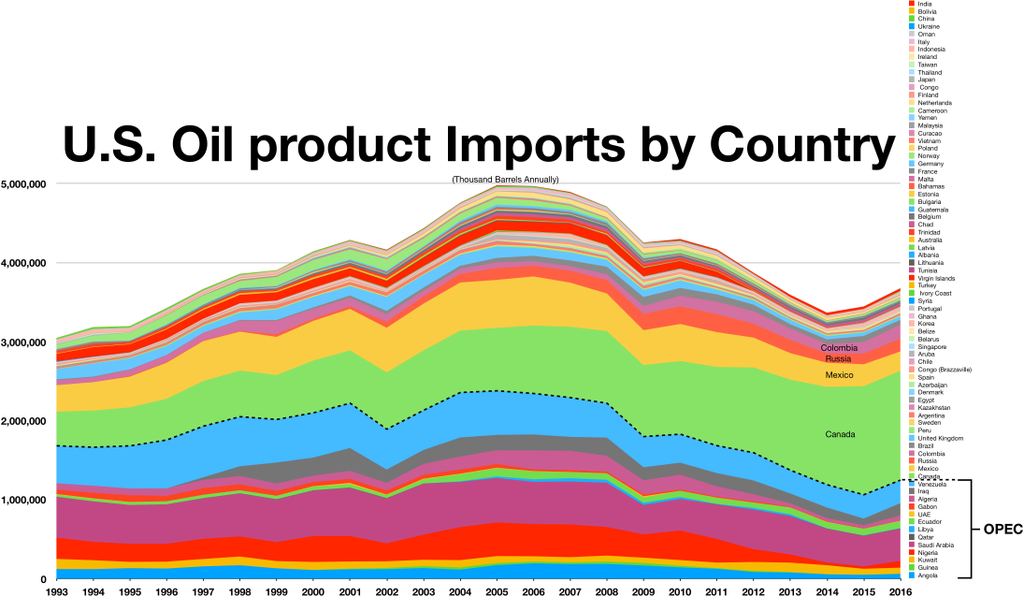Walz’s Comments on Public Utilities Commission Appointment is an Ominous Sign for Line 3, Rational Energy Policy
Today, at a press conference hyping the fact that 76 percent of the so-called “clean energy” jobs in Minnesota are in industries that are only vaguely related to energy efficiency, such as heating, ventilation, and air conditioning jobs, along with jobs building and installing energy efficient doors, windows, and appliances, Governor Tim Walz was asked about his upcoming appointment of a Commissioner to the Public Utilities Commission.
His answer was troubling for Line 3 proponents and anyone else who advocates for sane energy policy in Minnesota. Governor Walz’s response is below:
“One the criteria I was looking at is someone who will be able to gather factual data as new information comes in, is able to adjust their thinking based on the reality of where the facts are and someone who understands, I think it’s very clear on this, that increased man-made carbon emissions into the environment does pose a threat to the planet, and certainly to the vitality of Minnesota, so I would certainly, I don’t think it’s much of a litmus test because pretty much everybody recognizes it, but I think that’s a piece that we want to be there, and then to exercise independent judgment on what’s best.”
The reason this statement is troubling is because it appears the primary criteria for energy projects under the Walz administration will not be affordability or availability of energy for Minnesotans, or even traditional environmental concerns, such as replacing old pipelines with newer, safer models.
Now, it appears that one of the primary criteria the PUC must consider when examining proposed energy projects will be how project would affect greenhouse gas emissions, regardless of the economic hardship it would impose on Minnesota families.
Line 3 opponents often argue the Governor should deep-six the oil pipeline replacement project because it would lock in oil use for the foreseeable future when we should, in reality, be transitioning away from oil in favor of electric cars. But these arguments are pure wishful thinking with no basis in reality.
Despite Minnesota mandating the use of, and spending more than $15 billion on wind turbines, solar panels, and transmission lines, to promote renewable energy, wind and solar only accounted for 5 percent of our total energy consumption in 2017, whereas oil accounted for 35 percent. Wind and solar have failed to eclipse the energy output of nuclear power, let alone eclipsing the use of oil, coal, and natural gas for transportation, electricity generation, and home heating.

Even the Minnesota Department of Transportation proposal to get nearly 200,000 electric vehicles on the road by 2030, 20 percent of the vehicle fleet, is considered to be ambitious and probably unrealistic. Therefore, it is obvious that Minnesotans will still need oil in the future, and if we do not import that oil from Canada, we will import more oil from places like Russia, Saudi Arabia, Venezuela, or other members of the OPEC oil cartel that were responsible for gas shortages in the 1970’s.
The graph below shows Canada is easily our largest source of oil imports, and we should be elated by that fact. The American oil boom has made us the number one producer of oil in the world, which is why we import far less oil than we did just ten years ago.

Minnesotans should be celebrating the fact that we have an opportunity to improve the environment by replacing an aging pipeline while improving our economy and reducing our reliance on hostile nations for crucial energy sources, all at the same time. Unfortunately, Governor Walz’s comments are an ominous sign that he does not share those priorities.